Fear And Brutality
Written by Brian Jennings, Posted in Blog, Your World
The Egyptians loved Joseph. He survived slavery, demonstrated impeccable character, served Pharaoh faithfully, and saved the nation from famine. That’s a sensational resumé.
When he joyfully reunited with his family, Pharaoh gave them the best piece of land (Genesis 47). When Joseph’s father died, the Egyptians mourned for seventy days (Genesis 50). When Joseph died, they recognized him as a hero. The Egyptians fully welcomed Joseph’s entire family in their land, but that warm welcome would not last. Warm hospitality twisted into fear and brutality.
Fear is the culprit that so often leads to brutality. Let’s follow the progression.
Intellectual and Relational Ignorance
Then a new king, to whom Joseph meant nothing, came to power in Egypt. “Look,” he said to his people, “the Israelites have become far too numerous for us. Come, we must deal shrewdly with them or they will become even more numerous” (Exodus 1:8-10).
The new king was intellectually and relationally ignorant. He knew not of the history, courage, or faithfulness of Joseph, and he lacked relationships with the Israelites.
When people ask me about a hot topic that’s causing them fear, I’ve begun asking them if they’ve engaged intellectually and relationally. More simply, I ask, “Are you reading books from people heavily engaged and forming friendships with people so that your understanding will be enlarged?” We need to read broadly from people heavily engaged, and we must befriend those most impacted.
It’s not terrible to be ignorant about a subject, but it’s gravely dangerous to be ignorant about a group of people whom you are being seduced to fear. Don’t pair high ignorance with high emotion.
Paranoia
“If war breaks out, [the Israelites] will join our enemies, fight against us and leave the country” (Exodus 1:10).
There isn’t a hint of evidence for Pharoah’s fears. The Israelites wanted to stay there peacefully. Nobody was planning a hostile takeover, plotting a coup, or amassing weapons. However, facts did not matter. Ignorance fed Pharaoh’s fears, which turned into full blown paranoia.
It reminds me of a parallel story – the birth of Jesus. King Herod stewed in paranoia. He slaughtered members of his own family, so it’s no surprise that his suspicions of the rumored King Jesus triggered a murderous decree to kill any little boy in Bethlehem.
Tragically, this sort of paranoia still infests our world. I don’t see any daylight between Pharoah’s anti-immigrant fear mongering and the they-are-poisoning-the-blood-of-our-country rhetoric coming from the mainstream Right, drawing on the language of the Third Reich.
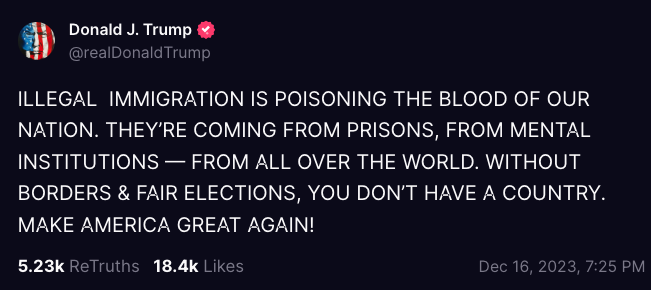
I’m not talking about real border policy disagreements. I’m 100% for discussions and significant changes, but this rhetoric stokes hate, grants a permission structure for violence, and motivates unstable people to act on their worst inclinations. The above statement mixes a completely unfounded conspiracy with a cargo load of emotion. If you wanted to stoke anti-immigrant fervor and had no concern for facts or people created in the image of God, I can’t imagine a better statement.
Before anyone thinks this is only a problem on the Right, take a stroll through our nation’s most iconic university. Harvard’s President lacked the courage to outlaw calls for a Jewish genocide or to rush to the protection of students being bullied and threatened. It’s not like Harvard can’t take a stand against hate speech. They’ve done that numerous times. The First Amendment does not protect threatening speech or behavior on a campus. Do Jewish students’ lives not matter?
Paranoid conspiracy theories continue to fuel anti semitism around the world. Horseshoe theory states that the further people edge towards extremism, the closer they actually move towards each other, both in terms of ideology and behavior. I’ve started noticing this with both fascination and dismay.
Paranoia needs a good conspiracy. It’s not hard to imagine how some of the current media darlings would have covered the Exodus 1 news. They would have asked cynical questions that could be easily answered. But instead of asking knowledgeable people, they’d just do a lot of implying:
Can someone explain why the Israelites are still living here?
Was Joseph really a good guy anyway? Do you really believe that a slave could end up working in the highest office of the land? What was he up to?
When our enemies invade, do you really think the Israelites will stand with us?
What are they trying to hide?
Brutality
Both fear and greed can prompt brutality. In this case, it was both.
So they put slave masters over them to oppress them with forced labor, and they built Pithom and Rameses as store cities for Pharaoh. But the more they were oppressed, the more they multiplied and spread; so the Egyptians came to dread the Israelites and worked them ruthlessly. They made their lives bitter with harsh labor in brick and mortar and with all kinds of work in the fields; in all their harsh labor the Egyptians worked them ruthlessly.
The king of Egypt said to the Hebrew midwives, whose names were Shiphrah and Puah, “When you are helping the Hebrew women during childbirth on the delivery stool, if you see that the baby is a boy, kill him” (Exodus 1:11-16).
The more the Egyptians profited financially and feared irrationally, the more they justified their brutality. Slavery, the Trail of Tears, the Holocaust, Japanese internment camps, Al-Qaeda terrorism, immigrant mistreatment – same song, way too many verses.
America, we have a problem. There’s too much evil rhetoric sparking paranoia. And sometimes, some terrible times, that rhetoric ignites violence.
- A Kansas City man shot a teen through a door. The boy had mistakenly gone to a house (off by one block) to pick up his little brothers. A family member said the man had become consumed with watching conservative news outlets and following conspiracy theories built on misinformation.
- A group of young women in New York, looking for a friends house, turned into the wrong driveway. A man came outside and shot the car, killing one of the women.
- A man shot a dad and daughter who were retrieving their basketball that rolled into his yard.
- An Oklahoman sheriff and other town leaders discussed killing a reporter, lynching Black residents, and hiring a hitman.
- A man with “neo-Nazi ideation” and patches and tattoos linked to white supremacy killed eight people in Allen, Texas.
- A man with a gun and zipties was arrested outside the house of Justice Kavanaugh.
- The husband of a Congresswoman was bludgeoned by a man hoping to kidnap his wife, and her political opponents immediately blamed and mocked the victim.
- The above are so recent that the mass shooting at a Republican baseball practice seems like a distant memory.
If you took away the stoking of fear from some politicians and media outlets, they’d not have anything to say at all. That’s their entire schtick.
Fear is a human emotion. It can save lives. However, when someone binds fear to unfounded paranoia, danger is lurking.
So now what?
There is no fear in love. But perfect love drives out fear, because fear has to do with punishment. The one who fears is not made perfect in love (I John 4:18).
So what should you do about it? You can take action.
- Recognize that fear-mongering is in direct conflict with God’s love.
If you are ingesting fear from a media personality, cut it out of your life. If you are reading a constant dribble of fear-inciting junk from friends’ social media posts, unfollow them. If you aren’t taking at least one day a week to avoid social media, start. Take action! - Develop your inner-life.
The more time you spend in God’s presence, the less you’ll be able to stomach peace-shredding dogma. - See people as they are, not strangers to be feared, but friends to be loved.
- Stop assuming you are politically powerless. If a politician crosses a line, let them know they’ve lost your vote unless they make amends or change a policy. You’ll feel so much better. And yes, it may mean you end up not voting for either choice, but your protest vote (or no-vote) won’t violate your conscience.
- Engage with information and relationships. The moment we begin to fear a group of people, we should quickly veer towards intellectual and relational learning – connecting our heads and hearts to the people we are being told to fear. Read books. Make friends and listen. Talk to people immersed in the culture and in the issue. Maybe you’ll conclude that you need to remain wary of a group of people offering you a cup of Kool-Aid. Or maybe you’ll find your suspicions were overblown and coming from someone with an agenda. Maybe you’re being played.
Love well. Fear not.
Photo by Hussain Badshah on Unsplash

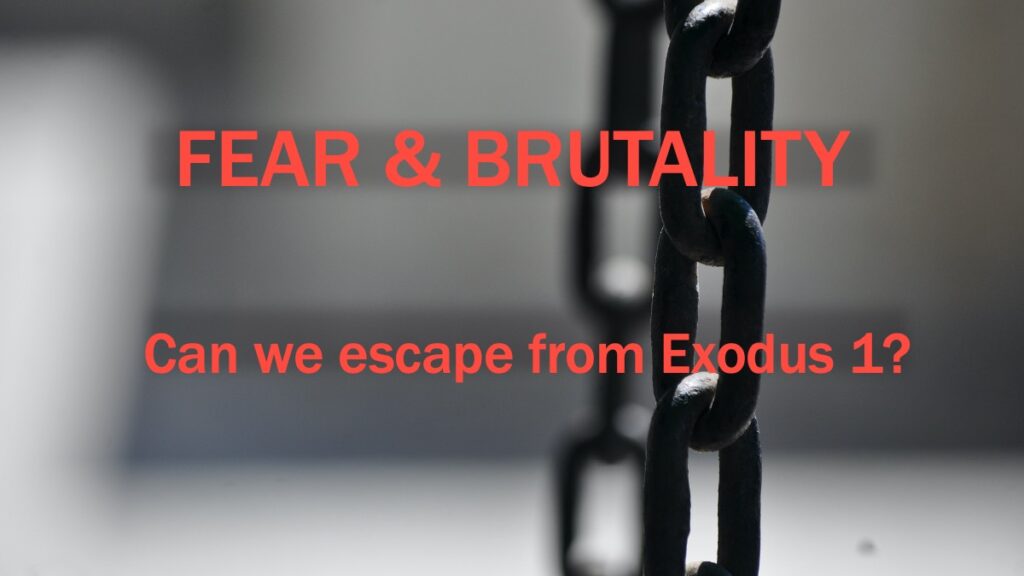
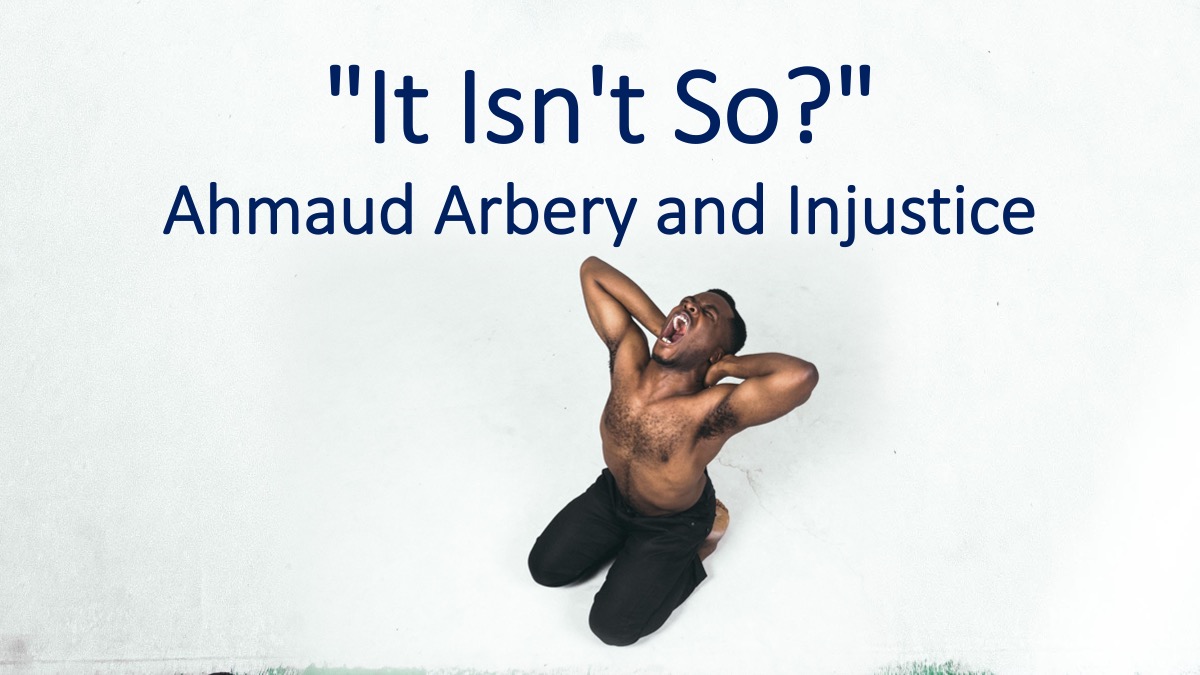
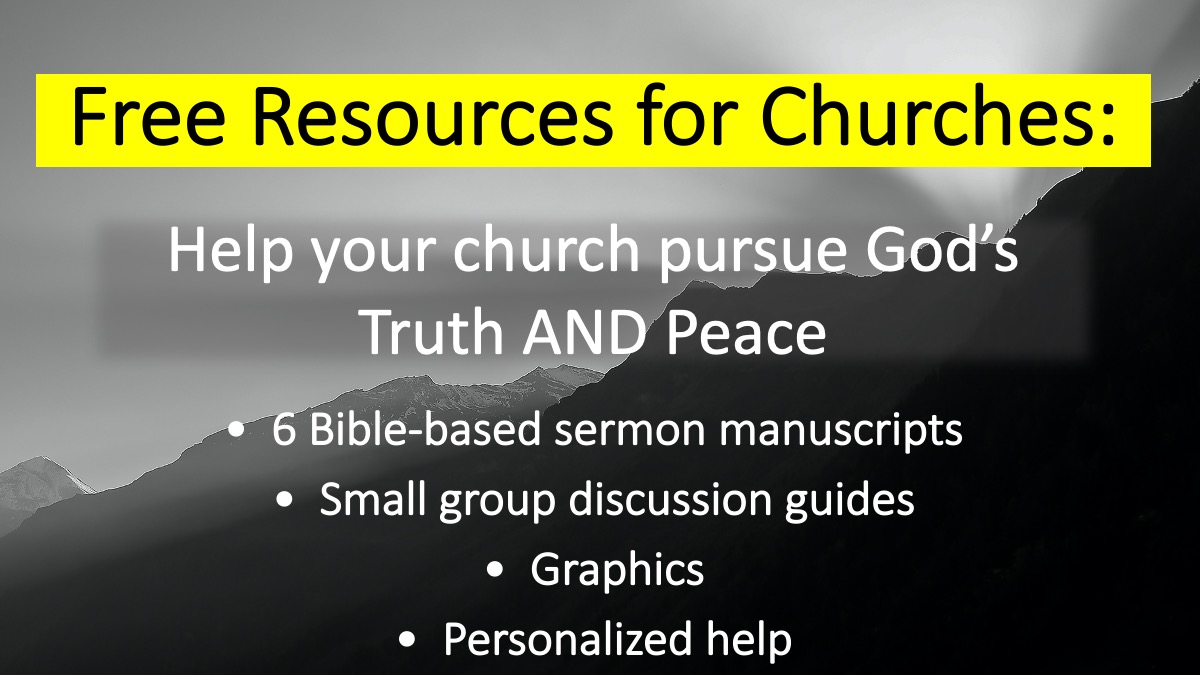
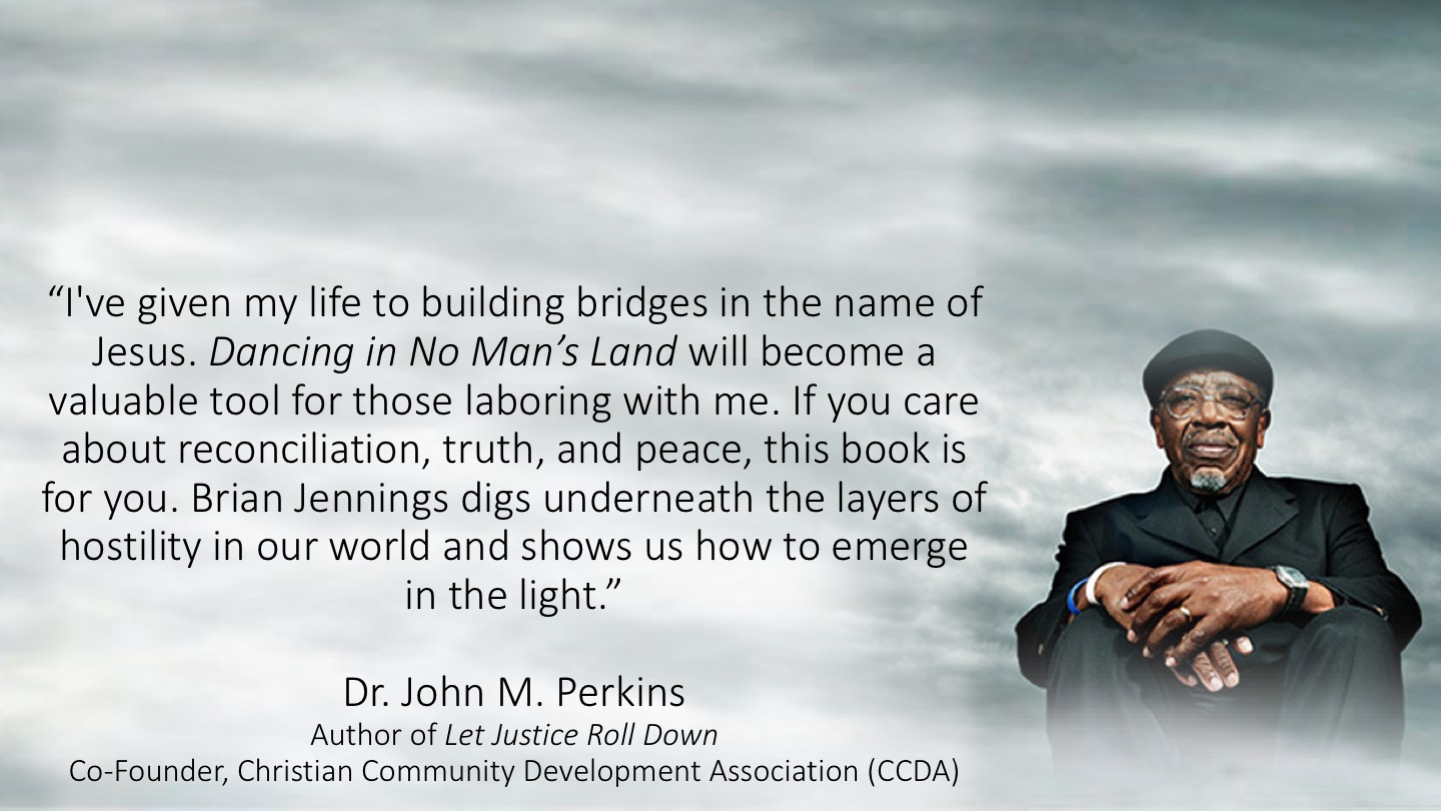

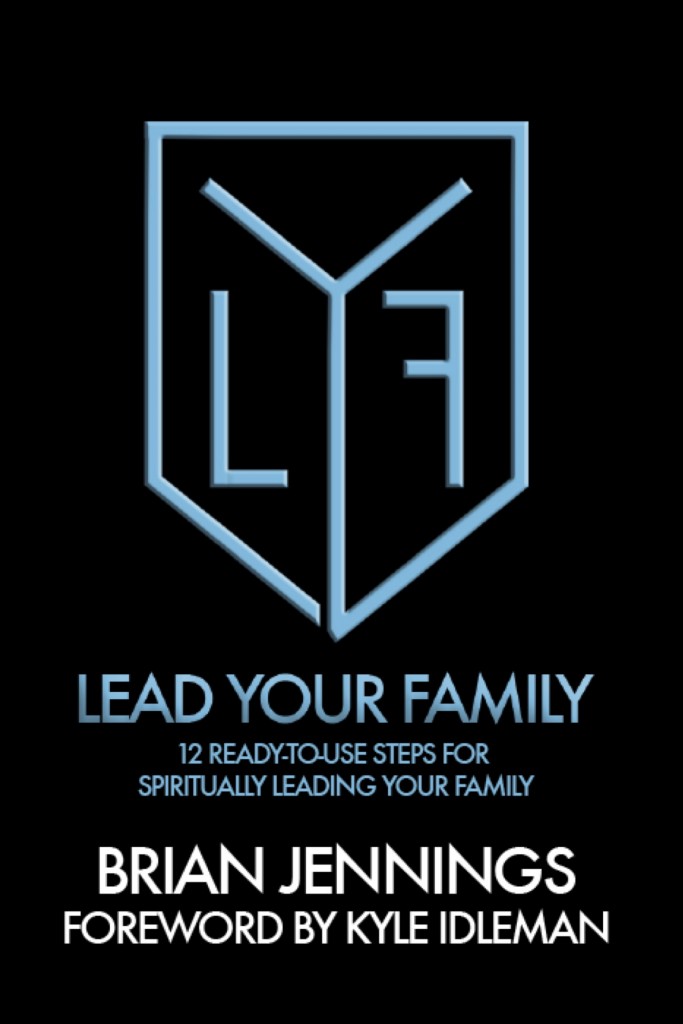

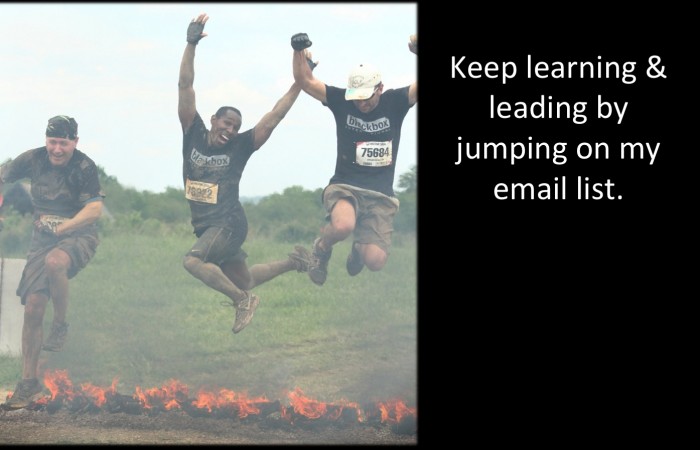
You hit the nail on the head! Keep writing and preaching!
Though FEAR is natural emotion but it may lead to many negative things to occur. By the way, great article.
For sure! I was feeling fear last weekend when I heard about one of my children being in a wreck. (They are ok). Wow, what an emotion! You are correct. Good point. Thanks.